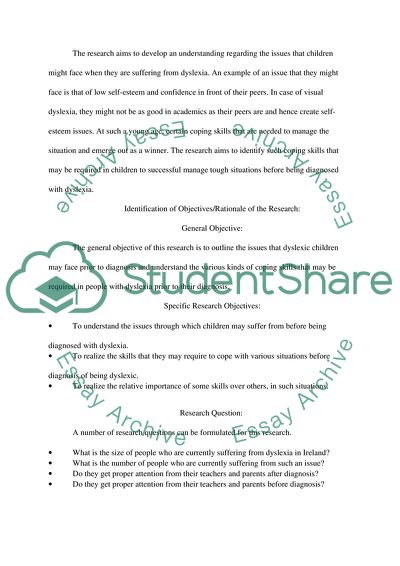Cite this document
(Dyslexia and Its Impact on Personality Research Proposal, n.d.)
Dyslexia and Its Impact on Personality Research Proposal. https://studentshare.org/medical-science/1736997-assignment-is-the-development-of-a-research-proposal-undergraduate-level
Dyslexia and Its Impact on Personality Research Proposal. https://studentshare.org/medical-science/1736997-assignment-is-the-development-of-a-research-proposal-undergraduate-level
(Dyslexia and Its Impact on Personality Research Proposal)
Dyslexia and Its Impact on Personality Research Proposal. https://studentshare.org/medical-science/1736997-assignment-is-the-development-of-a-research-proposal-undergraduate-level.
Dyslexia and Its Impact on Personality Research Proposal. https://studentshare.org/medical-science/1736997-assignment-is-the-development-of-a-research-proposal-undergraduate-level.
“Dyslexia and Its Impact on Personality Research Proposal”. https://studentshare.org/medical-science/1736997-assignment-is-the-development-of-a-research-proposal-undergraduate-level.


